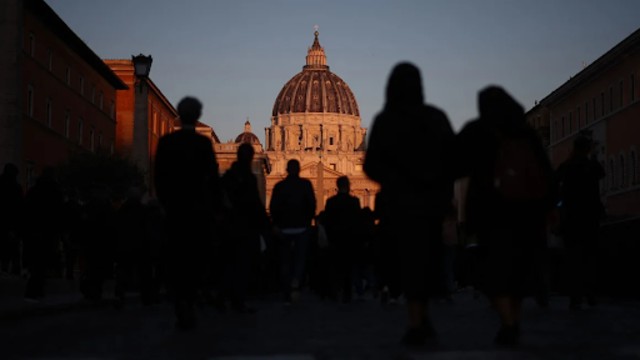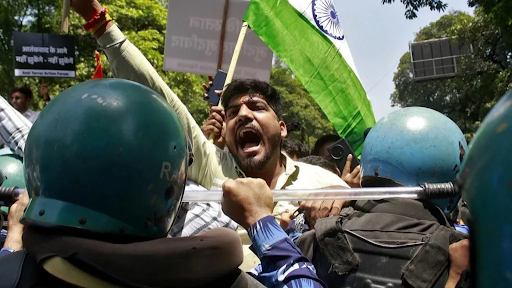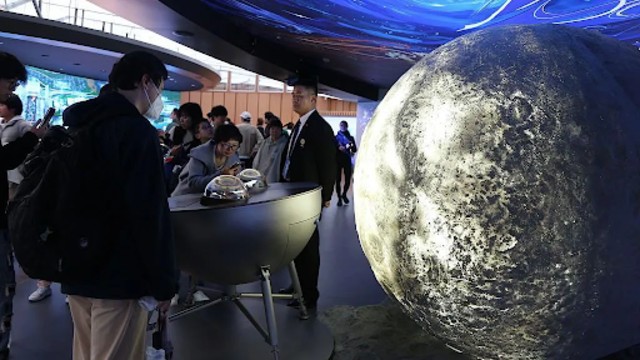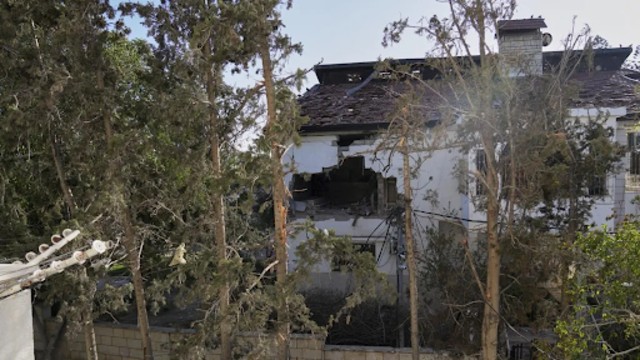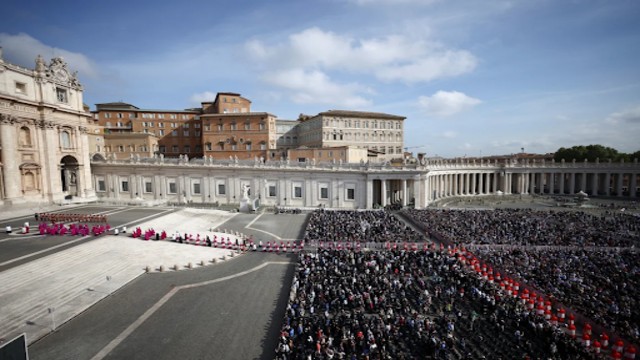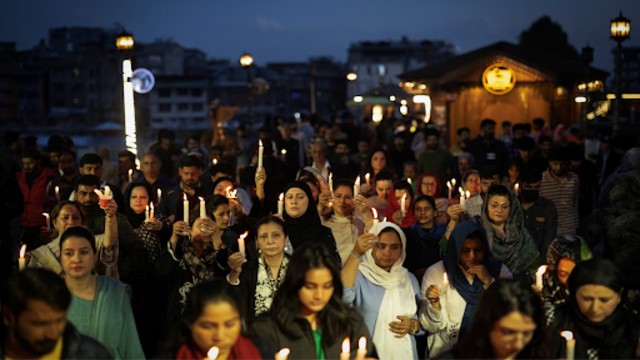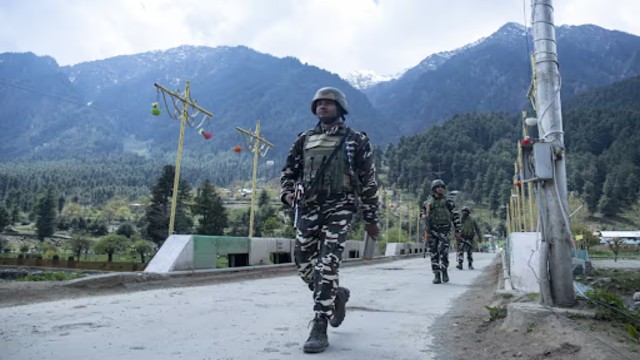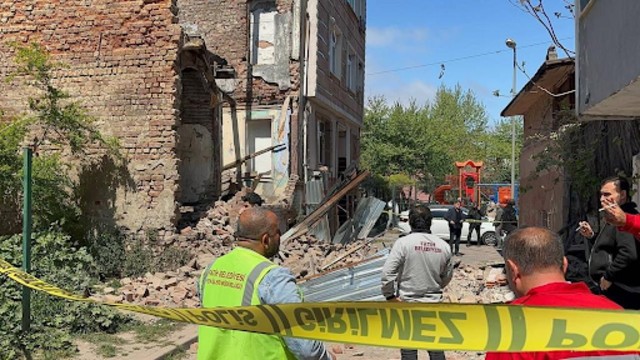
Bookings institution Photo.
Israeli academics are increasingly facing mistrust from their international counterparts due to the political situation in the West Bank. In a column published in “Le Monde,” Astrid von Busekist, a professor at Sciences Po, contends that academic institutions in Israel, where critical thinking is cultivated, should not be shunned.
Published on May 21, 2024, and updated on May 22, 2024, the column emphasizes that the boycott against Israeli universities is already underway, sometimes subtly and sometimes overtly. Examples include professors refusing to review projects for the Israel Science Foundation, withdrawing co-authorship with Israeli colleagues, and international journals rejecting papers from Israeli researchers. The Israeli newspaper Haaretz has documented numerous instances of invitations being rescinded, collaborations ending, and conferences being canceled. These incidents span various disciplines, from hard sciences to humanities and social sciences.
Von Busekist argues that punishing individual academics for the actions of their government constitutes a form of collective punishment, a practice that educators often warn students against. This new wave of "cancel culture" within academia uses broad generalizations to judge individuals based on their nationality.
The column provides specific examples of the backlash Israeli academics are facing. Physicist Nir Davidson from the Weizmann Institute received a message from a colleague expressing permanent mistrust due to Israel's actions, as reported by Haaretz on April 12. Similarly, Ravit Alfandari from the University of Haifa was accused of participating in genocide in Gaza, leading to a colleague severing ties despite their respect for her as an individual. Furthermore, a researcher from a renowned European university stipulated that they would only collaborate with Israeli institutions if the Israeli government committed to a two-state solution within the 1967 borders.
Von Busekist underscores the unfairness of these actions, highlighting that such boycotts affect academic progress and exchange. The rejection of Israeli scholars not only undermines the principle of academic freedom but also diminishes the collaborative spirit necessary for scientific and intellectual advancements.
This situation illustrates the complex intersection of politics and academia. While the international academic community may seek to protest political situations, von Busekist believes that isolating Israeli institutions is not the solution. She emphasizes that universities are vital spaces for critical discourse and intellectual development, and isolating them hampers the global exchange of ideas and knowledge.
Von Busekist's column calls for a reconsideration of the boycott strategy, urging the academic community to find ways to support critical voices within Israeli institutions rather than alienate them. She suggests that fostering dialogue and collaboration can be more effective in promoting change than severing ties altogether.
The growing boycott against Israeli universities reflects broader tensions and the challenges of balancing political activism with academic integrity. Von Busekist's perspective adds a nuanced view to the debate, advocating for a more inclusive approach that recognizes the importance of academic freedom and the role of universities in fostering critical thought and progress.


